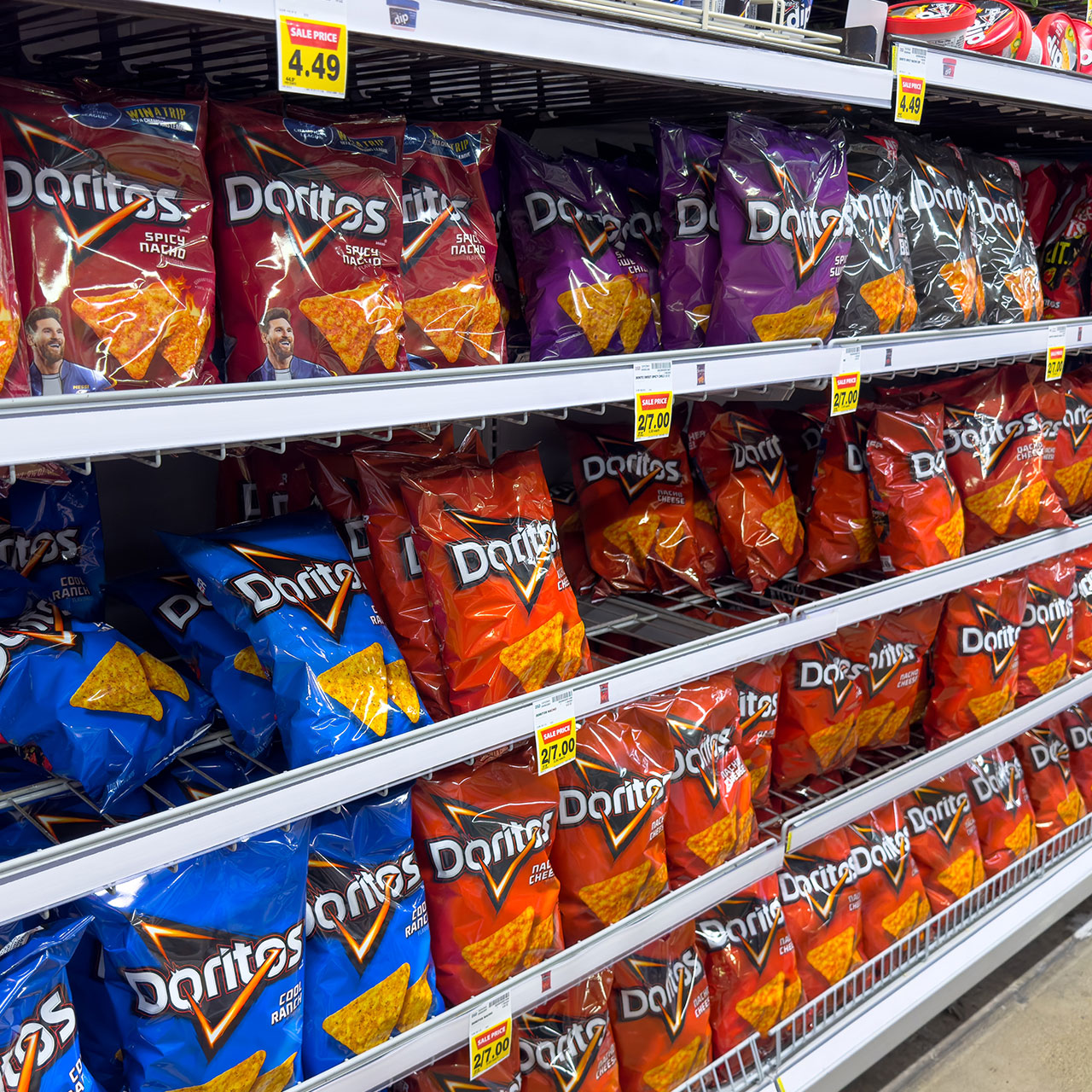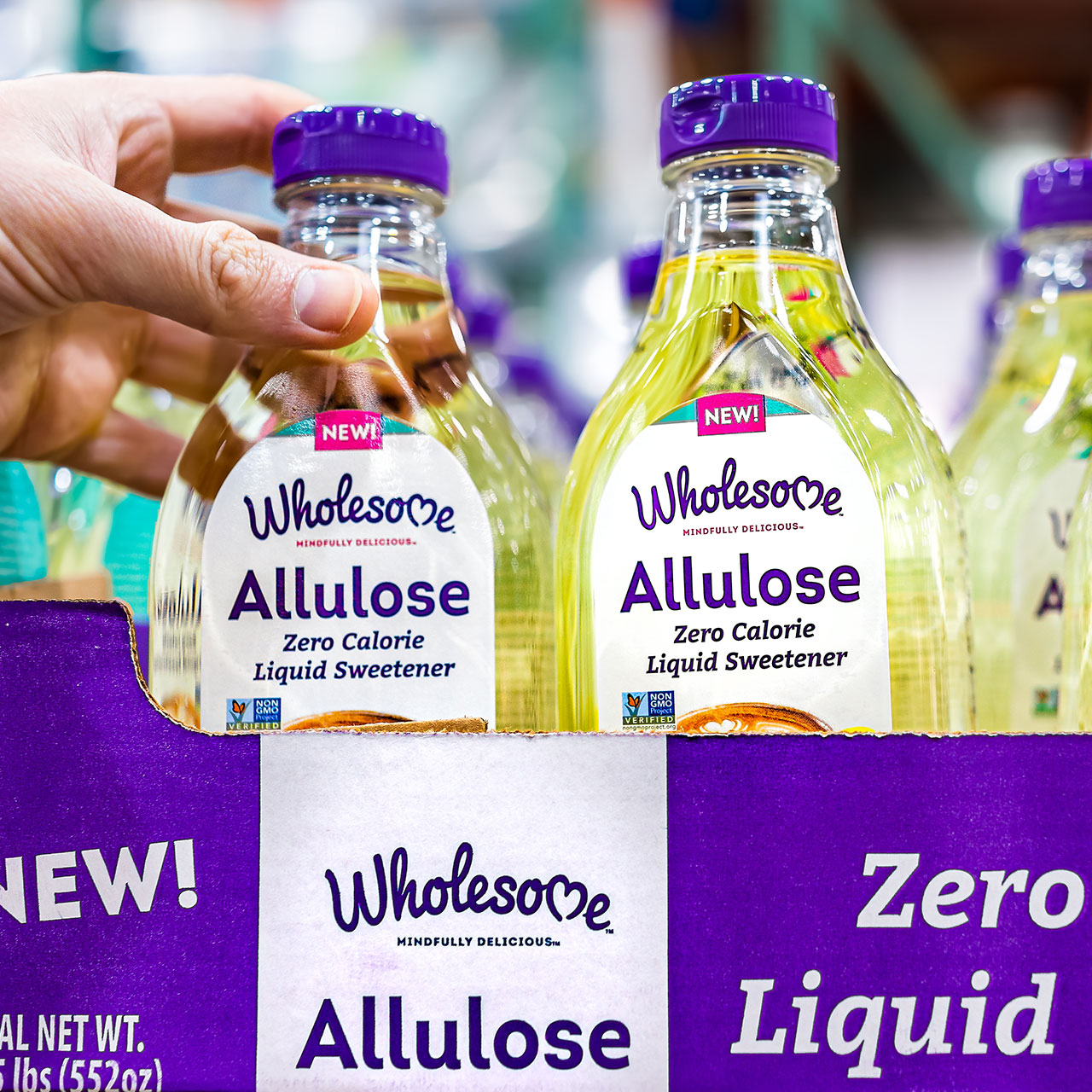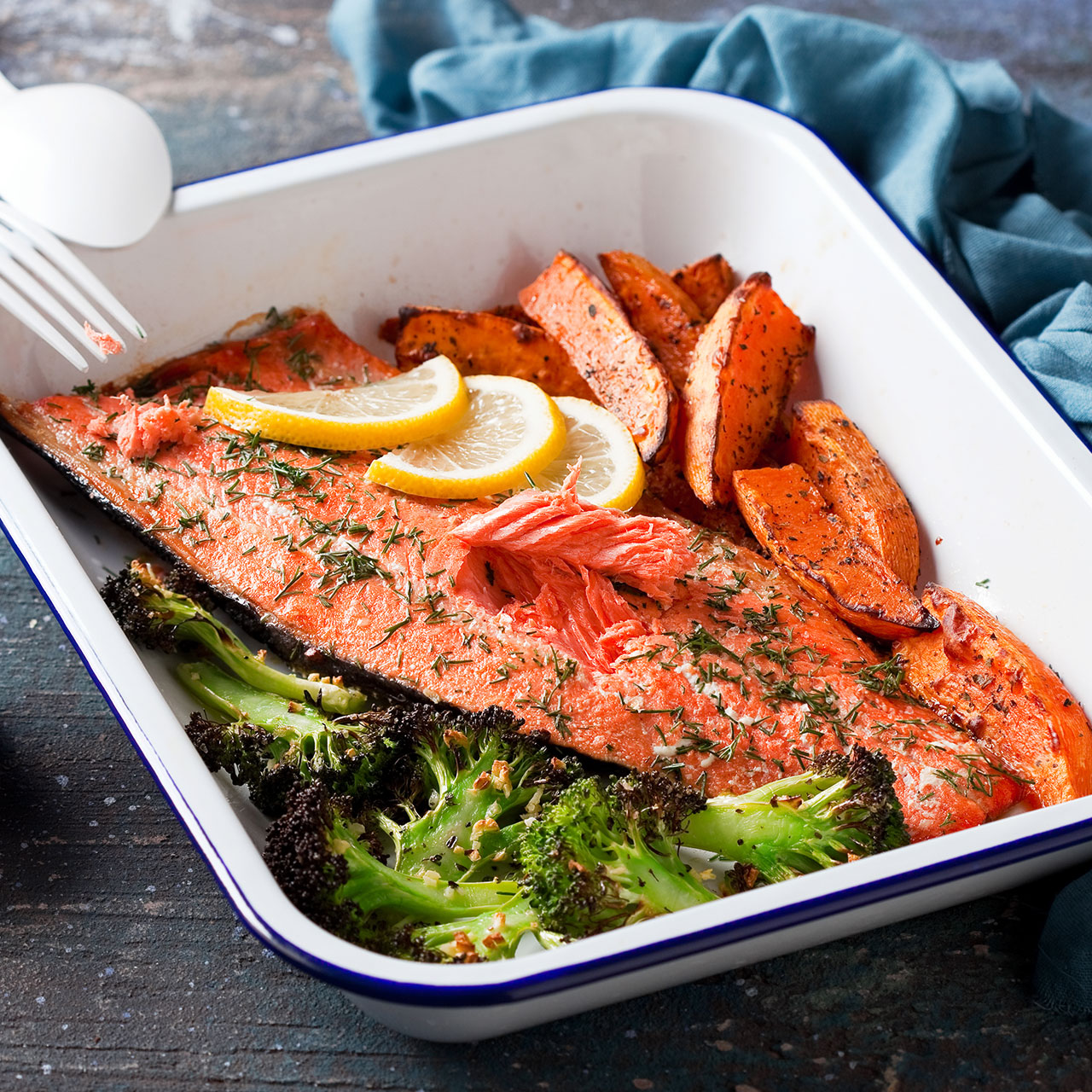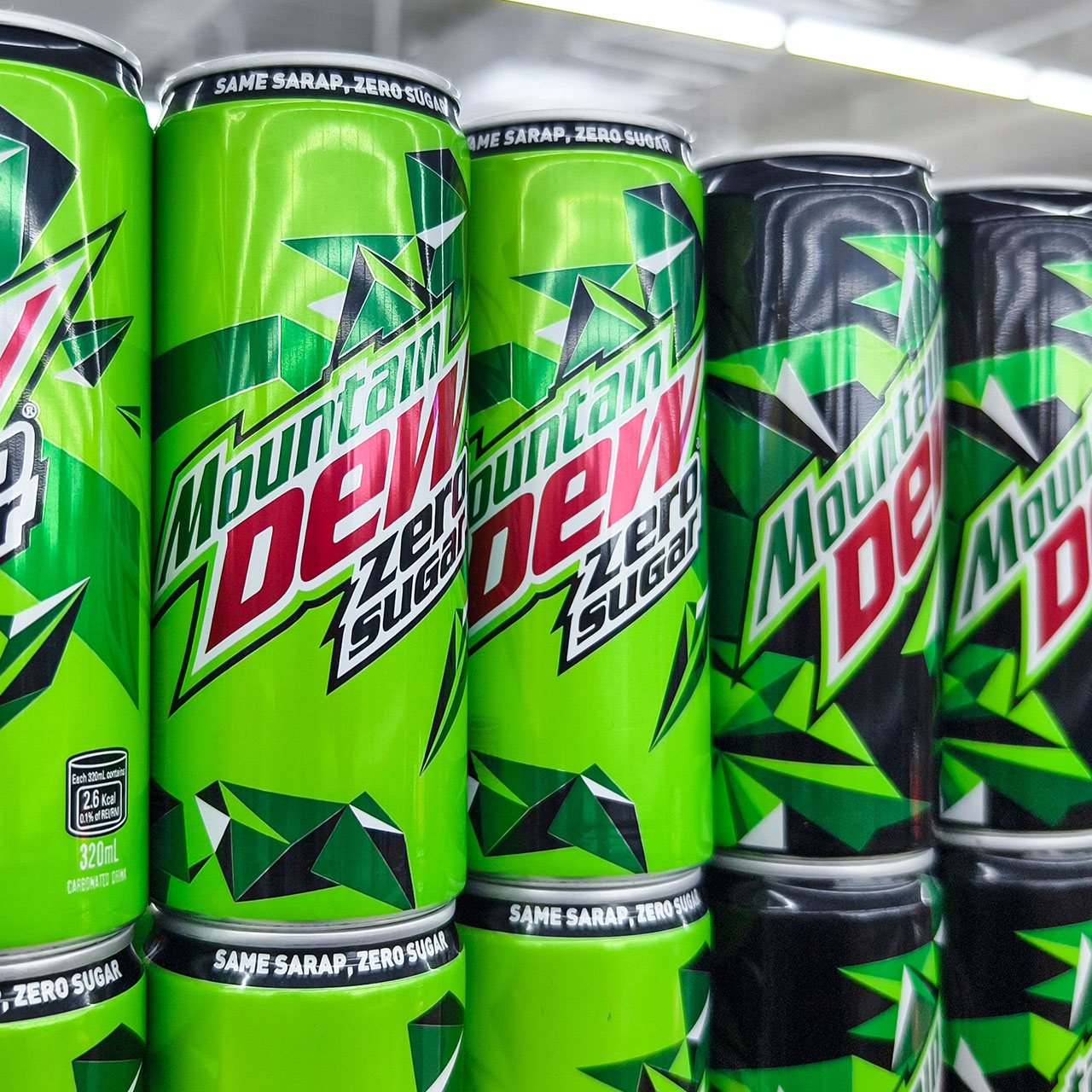When striving for a healthier lifestyle or aiming to shed a few pounds, it’s essential to pay close attention to the sodium content in your diet. High-sodium ingredients, commonly found in processed foods, canned goods, and restaurant meals, can contribute to weight gain in several ways.
Excessive sodium intake often leads to water retention, causing temporary weight increases and a feeling of bloating. Moreover, foods high in sodium are frequently calorie-dense and low in essential nutrients, making it easier to consume more calories than needed without feeling satiated.
We checked in with Michael O. McKinney, a certified nutritionist, to learn about four common high-sodium foods to cut out if you’re on a weight loss journey. He revealed that processed meats, canned soups and vegetables, fast food, and salty snacks are the ones to minimize.


1. Processed Meats
Processed meats are often loaded with sodium, which can lead to water retention in the body. These meats are typically high in unhealthy fats, including saturated and trans fats, which can contribute to weight gain and abdominal obesity over time.
McKinney says, "Bacon, sausages, and deli meats contain high amounts of sodium. Ingesting too much sodium triggers fluid retention, which increases blood content by increasing its volume, causing blood pressure to increase. Furthermore, the metabolic processes are disturbed by preservatives and additives found in processed meat, which leads to an increase in body mass."

2. Canned Soups & Vegetables
Canned soups and vegetables often contain high levels of sodium as a preservative. Canned products may lose some of their nutritional value during processing and storage. They may also contain lower levels of essential nutrients like vitamins and fiber compared to fresh alternatives, leading to an imbalanced diet that can impact overall health and weight management.
"Canned soups have a lot of additional salt in them to make them tasty and last longer. These items are responsible for high blood pressure as well as bloating, which leads to fat around the waistline," says McKinney.

3. Fast Food
Fast food is notorious for its high sodium content, often exceeding recommended daily limits. Many fast food items are deep-fried or high in unhealthy fats, such as trans fats and saturated fats. These fats can contribute to weight gain, especially around the abdominal area, increasing the risk of metabolic disorders and hypertension.
McKinney elaborates further and says, "Fast foods like burgers, fries, pizza, etc. usually contain a lot of salt. The combination of this along with unhealthy oils and sugars usually results in serious weight gain cases or hypertension."

4. Salty Snacks
We all love to munch on salty snacks, whether it's between meals, at parties, or on a chill night watching a movie. But the reality is that the combination of salt, fat, and carbohydrates in salty snacks can trigger cravings and overeating, leading to a higher calorie intake than necessary. Snacks like chips, pretzels, and salted nuts are typically loaded with sodium. Excessive sodium intake can lead to water retention in the body, potentially raising blood pressure levels.
"Large quantities are often consumed in the form of salty snacks such as chips, pretzels, or popcorn, which contain high amounts of sodium. Eating them also means taking too much fat and calories into your body, which results in gaining weight," says McKinney.
Instead of opting for convenient but unhealthy sodium-laden foods, it's best to incorporate more whole foods like fruits, vegetables, lean proteins, and whole grains into your diet. This can help balance sodium intake and promote a healthier waistline.


























